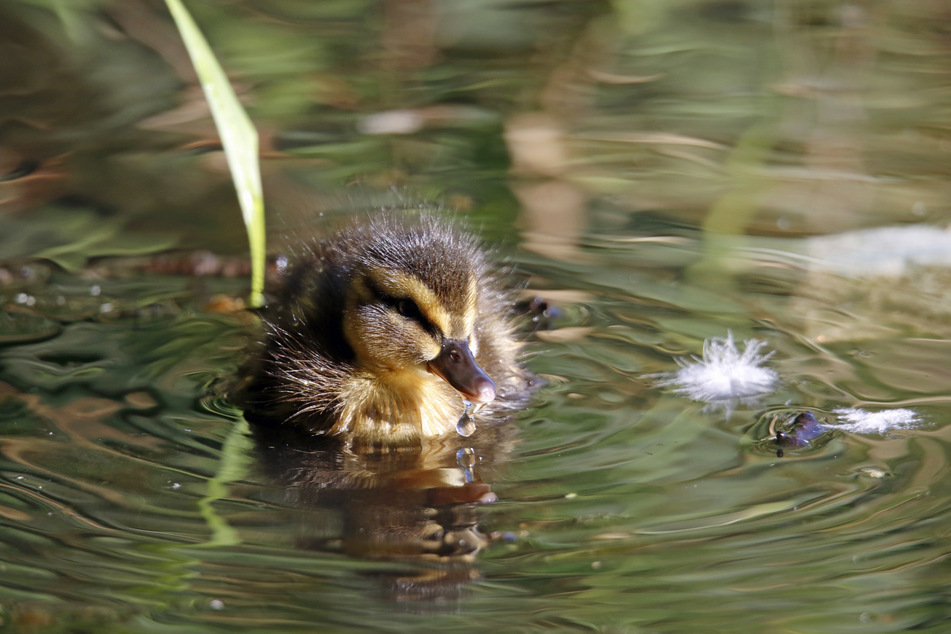New report reveals the incredible number of birds saved by the Clean Air Act since 1970
Washington DC - A new report published in The Proceedings of the National Academy of Sciences revealed that, thanks to the Clean Air Act enacted way back in 1970, a billion and a half birds have been saved from the harmful effects of pollution!

At a time when new ambitious political plans are in the works to help improve and protect the environment, there's some evidence that with proper management, big legislation can make a big difference to our planet's health.
For 15 years, researchers from the University of Oregon and Cornell University tracked bird counts, air quality, and how well more than 3,000 individual counties complied with environmental regulations. Their goal was to see if bird populations were being helped by efforts to curb pollution.
According to SciTechDaily, the report indicated that requiring businesses, and more specifically large factories and refineries, to make efforts to reduce pollution had an astounding impact on bird populations.
Lead author Ivan Rudik said, "Our research shows that the benefits of environmental regulation have likely been underestimated. Reducing pollution has positive impacts in unexpected places and provides an additional policy lever for conservation efforts."
Alarming decrease in number of birds over the past decade

The regulations were initially designed with the goal of improving human health, and it seems wildlife is benefitting as well. Because the government also limited how much ozone larger industrial sources are allowed to produce in the hot summer months, the researchers could measure how the change in ozone levels directly impacted bird numbers.
"Not only can ozone cause direct physical damage to birds, but it also can compromise plant health and reduce numbers of the insects that birds consume," said study author Amanda Rodewald. A shocking study by the Cornell Lab of Ornithology last year said that bird numbers had decreased by over three billion since 1970.
The results of the present study indicate that the regulatory efforts helped prevent an additional 1.5 billion birds being added to that total.
Cover photo: 123RF/Stephen Midgley
